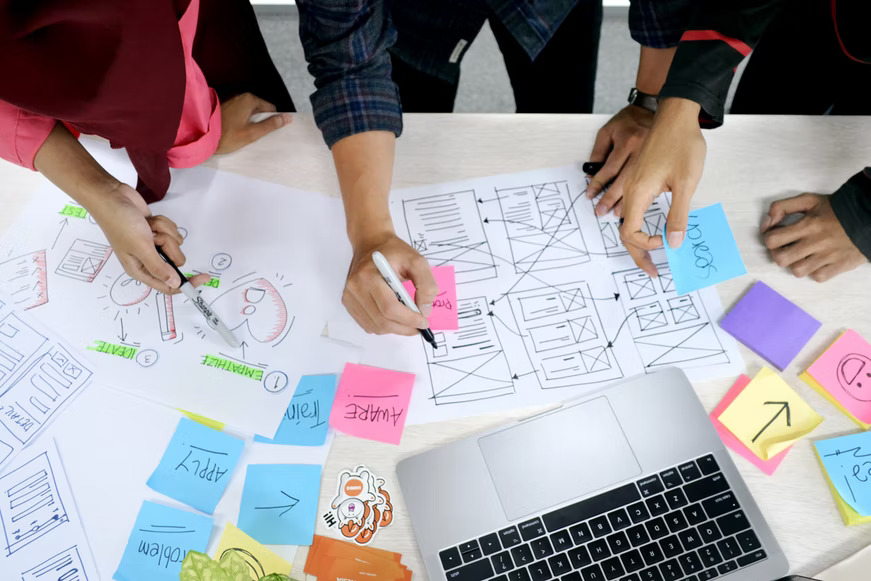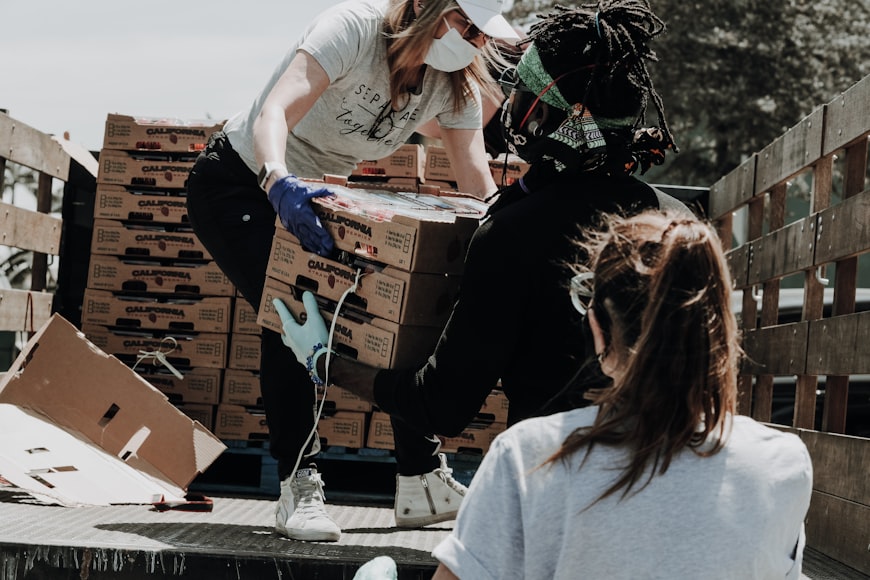To find out if a career path is right for you, you take relevant courses, review job descriptions, and speak with professionals in your chosen career. Ultimately, you can learn more about a career that fits your learning style with experimental learning experiences. These experiences can help you gain real-world knowledge and skills inside and outside the classroom.
What is Experimental Learning?
Experimental learning is sometimes also called experiential learning. In his book Experience and Nature, John Dewey first explored the model of experiential learning through observation and reflection.
David A. Kolb used Dewey’s book to form the theory that experiential learning is the process of learning by doing and reflecting on the experience. Kolb’s experiential learning cycle entails four steps:
- Experience: The learning process begins with a concrete experience.
- Reflective observation: The experience requires reflection and understanding.
- Abstract thinking: The formation of new ideas and ways of thinking based on experience.
- Active experimentation: The application of new ideas and changes.
Experiential Learning Styles
Every person has a unique way of approaching the experiential learning process. Knowing your learning style can help you understand your approach to decisions and be accountable for the outcomes of your future career.
- Initiative: When you take the initiative and make decisions, you seek to influence others and explore new possibilities. Networking and risk-taking define this style.
- Experience: Deep engagement in experiences and relationships gives meaning to experiences. Heightened sensitivity to emotions and a strong desire for connection characterize the experience learning style.
- Imagination: You understand what you see and hear through observation and reflection. You can be open to various ideas and people and consider future possibilities.
- Acting: This learning style lets you participate in goal-directed activities that balance meeting goals and maintaining relationships. You follow a schedule to complete tasks and be accountable for results.
- Balancing: With this style, you are resourceful, find blind spots in a situation, and advise people on addressing them.
- Reflection: You are cautious, restrained, and patient with this style. Various sources and perspectives can help you find the root of the problem in any situation.
- Deciding: The deciding style involves setting realistic objectives and evaluating progress towards achieving them.
- Thinking: You approach problems with logic and critical thinking. Independent thinking and decision-making are important for this learning style.
- Analysis: For this approach, you think ahead to prevent mistakes. Reliance on data helps to evaluate assumptions and gain a better understanding.
What are Types of Experimental Learning?
Taking part in work-based experiential learning activities can help you gain work experience and apply your learning style.
Volunteering
Volunteering can be part of your experiential learning or something you do independently. As a volunteer, you contribute your time and energy to a worthwhile cause. You gain real-world experience and perspective while fostering new relationships.
Service-learning
Nonprofit organizations, schools, and hospitals provide service-learning programs to apply your skills. These programs allow you to complete community service and gain societal knowledge while developing critical skills. You might even participate in the tasks you want to do as part of your job, such as website design for a local organization.
Field experience
Any concrete experience you gain outside of the classroom is considered field experience. Aspiring teachers often take part in-field experience, assisting teachers in schools. Field experiences can also involve other practical learning, such as undergraduate research.
Job shadowing
Experiential learning also involves shadowing an experienced professional for part of the workday. Job shadowing allows you to observe the responsibilities and skills needed for the job. You also learn more about the work atmosphere and meet other employees in the industry.
Cooperative education
Cooperative education, also known as co-op, is an experiential educational program run by secondary schools and universities. These programs partner with businesses, government agencies, and other organizations.
The co-op coordinator puts together a training plan for students to learn and the type of training the organization must provide for them. Students may need to complete assignments such as reflecting on their work tasks in a journal. They then receive a final letter grade at the end of the program.
Apprenticeships
Apprenticeships offer structured training programs to help you gain critical skills employers require for positions in their companies. They are often combined with academic education and paid experience, usually lasting one to two years.
Internships
Internships provide the opportunity to gain real-world experience with guidance from the company. Internships can last from a few weeks to months. They may even help you get a full-time job at the end if your performance exceeds expectations.
College students usually take part in internships. Some companies allow non-students and older adults to apply for internship roles. Older adults may want to complete internships to change careers or gain the skills needed to return to the workforce.
Part-time jobs
Working part-time jobs can teach you about your learning style and interests. They also help you gain resume-building skills and learn how to navigate the workplace.
Experimental Learning Can Take Place Anywhere
No matter where you are in your career, you can start thinking about ways to begin your experiential learning journey. JobsFuel can prepare you for experiential learning by finding local jobs near you. Our free job resources can also help you put together a successful job search strategy to take the next step in your career.



